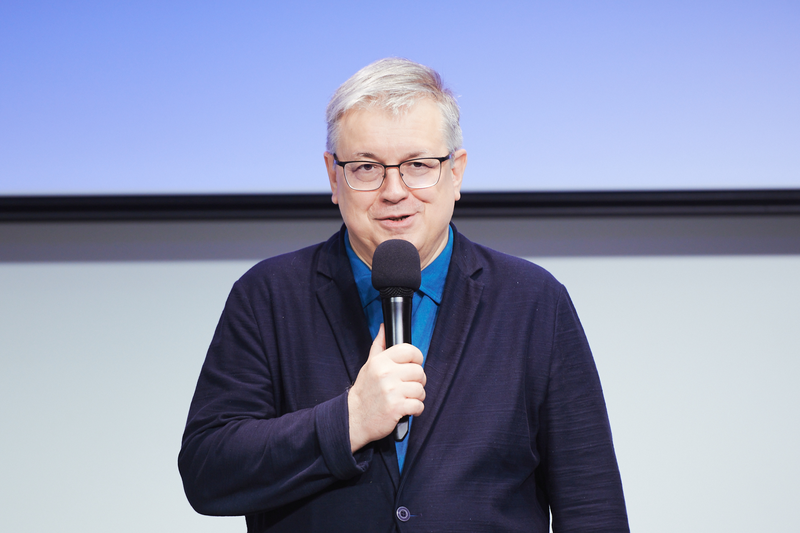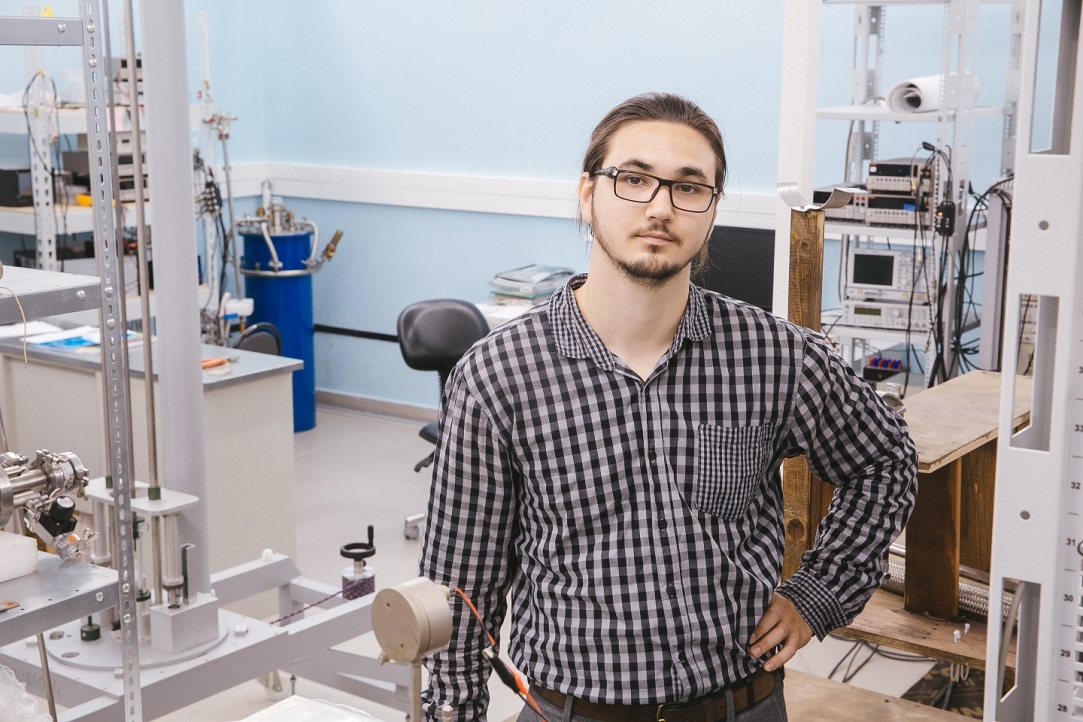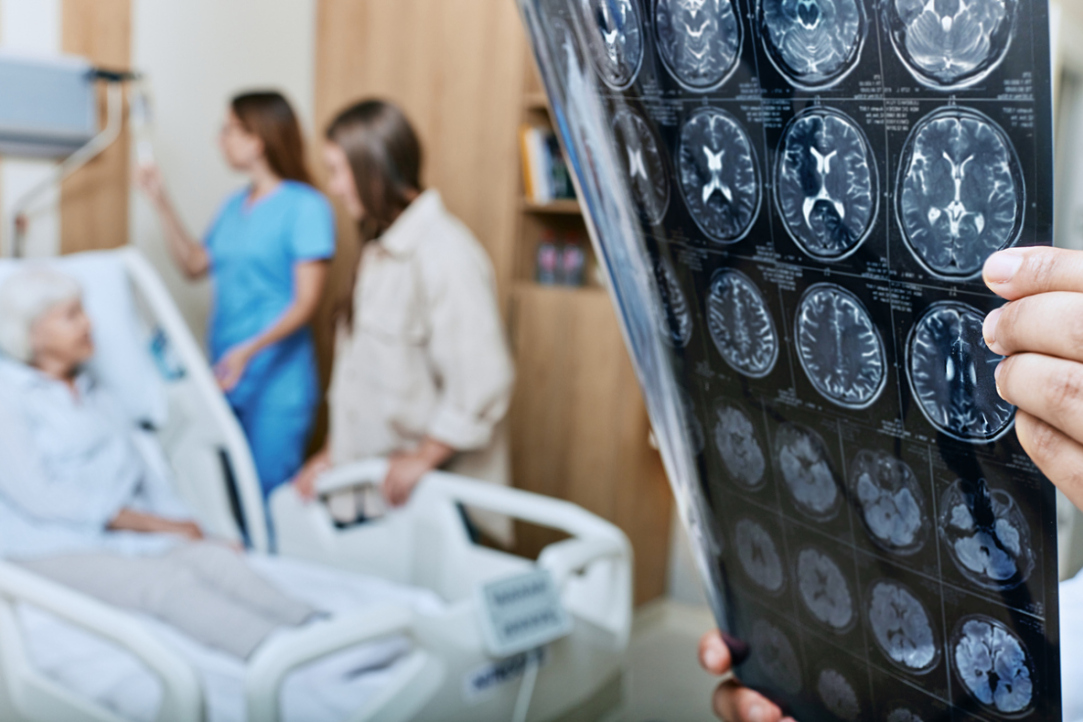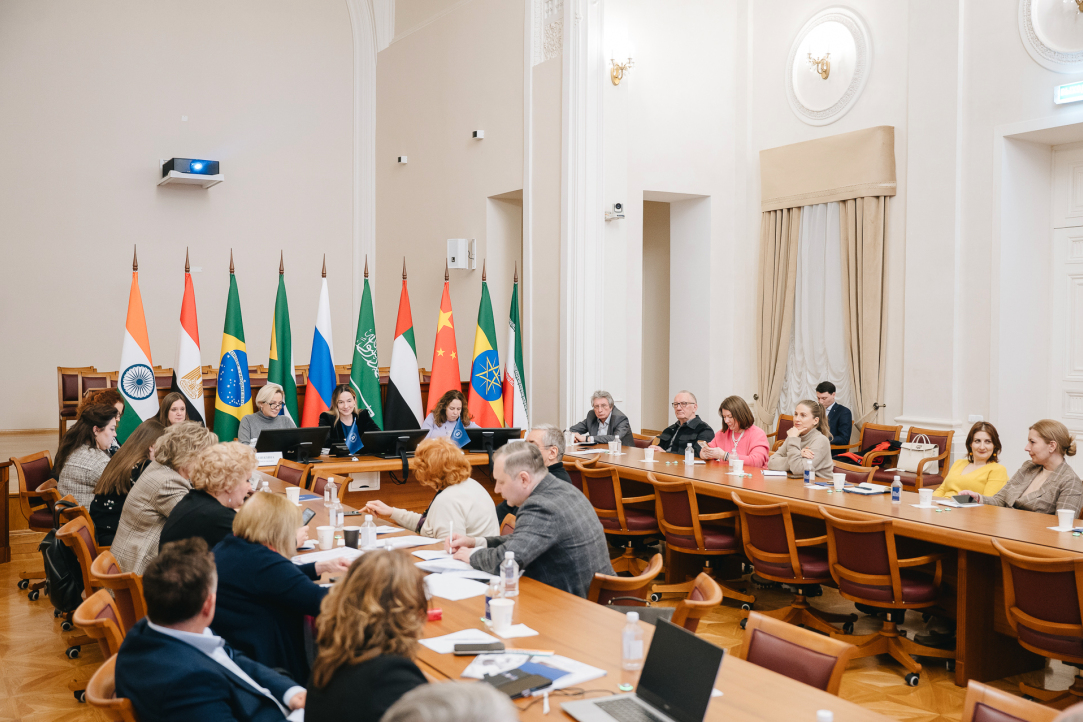
Researchers ‘Personalise’ the Selection of a Neural Network for Face Recognition on Smartphones
Researchers from HSE University in Nizhny Novgorod, MISIS and the Artificial Intelligence Research Institute (AIRI) have developed an algorithm that selects the best available neural network for facial recognition, taking into account the features of a mobile device. This new approach accelerates the selection of the most suitable neural network and allows the identification of people with an accuracy rate of up to 99%. The study was published in the IEEE Access journal. The source code is available on GitHub.

Social Constructor: Yaroslav Kuzminov on Regulating the Platform Economy
Yaroslav Kuzminov, HSE Academic Supervisor, in a column for Forbes Russia magazine analyses the development of the platform economy and the different approaches to its regulation, including the extension of the system of social guarantees to this sector.

BRICS Antimonopoly Authorities to Join Forces in Regulating Grain Markets
More than 70% to 80% of the calories we consume are derived from grain products. However, the global grain market today is dominated by a small group of traders. The HSE International BRICS Competition Law and Policy Centre has proposed establishing an intergovernmental BRICS platform on fair competition to serve as a new mechanism for coordinating the efforts of antimonopoly authorities in regulating global markets. This topic was discussed at an international seminar in Cairo.

'I Aspire to Win the Nobel Prize. It Is a Goal, Not Just a Dream'
In the 9th grade, Arslan Galiullin stopped copying other students' physics homework and became fascinated by science, eventually making it his career. In this interview with the HSE Young Scientists project, he speaks about topological insulators, the potential future transition from electronics to spintronics, and his goal of winning the Nobel Prize.

‘Bots Are Simply Imitators, not Artists’: How to Distinguish Artificial Intellect from a Real Author
Today, text bots like ChatGPT are doing many tasks that were originally human work. In our place, they can rewrite ‘War and Peace’ in a Shakespearean style, write a thesis on Ancient Mesopotamia, or create a Valentine’s Day card. But is there any way to identify an AI-generated text and distinguish it from works done by a human being? Can we catch out a robot? The Deputy Head of the HSE School of Data Analysis and Artificial Intelligence, Professor of the HSE Faculty of Computer Science Vasilii Gromov explained the answer in his lecture ‘Catch out a Bot, or the Large-Scale Structure of Natural Intelligence’ for Znanie intellectual society.

Social Connections Help Women Achieve Academic Success
Social integration has different effects on the academic achievement of women and men. Researchers from HSE University’s Institute of Education studied the connections between academic performance and social integration among 4,500 young Russians. It turned out that this connection is much stronger than it might seem at first glance, and that it is more important for women. The results of the work were published in the Journal of Social and Personal Relationships.

Chemists Improve Membranes for Water Treatment and Desalination
Chemists at HSE University, Kurnakov Institute of General and Inorganic Chemistry, and the University of Science and Technology of China have developed membranes with enhanced properties. The researchers experimentally revealed the impact of various factors on the desalination process and on the selectivity of ion separation. According to the study authors, their research will enable a more precise prediction of the properties of new ion-exchange membranes used in water treatment and desalination. The study findings have been published in Desalination.

Neural Network Developed at HSE Campus in Perm Will Determine Root Cause of Stroke in Patients
Specialists at HSE Campus in Perm and clinicians at Perm City Clinical Hospital No. 4, have been collaborating to develop a neural network capable of determining the root cause of a stroke. This marks the world's first attempt to create such a system, the developers note.

HSE University Hosts the First Meeting of Russian NGO Representatives as Part of BRICS Civil Track
More than 50 representatives of non-profit organisations took part in the meeting, where they discussed the event plan for 2024 and thematic areas of activity of the working groups of the BRICS Civil Forum, scheduled to be held in Moscow in July 2024. The BRICS civil track’s operations are coordinated by the BRICS Expert Council–Russia.

AI Assists with Fact-Checking: HSE Scientists Streamline Information Verification
Specialists at the HSE AI Research Centre have developed an AI-powered fact-checking assistant. This software solution will improve the quality of working with information, reduce the risks of errors and biases, and save both time and resources. A notable advantage of the program lies in its capability to process a wide variety of statement types.

